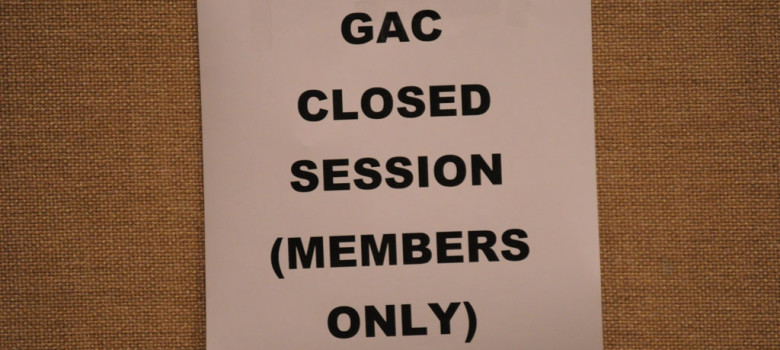The debate over Internet governance for much of the past decade has often come down to a battle between ICANN and the ITU (a UN body), which in turn is characterized as a choice between a private-sector led, bottoms-up, consensus model (ICANN) or a governmental-controlled approach. The reality has always been far more complicated. The U.S. still maintains contractual control over ICANN, while all governments exert considerable power within the ICANN model through the Governmental Advisory Committee (GAC).
While the GAC claims its role is merely to provide “advice” to ICANN, it often seems to take the view that its suggestions can’t be refused. Indeed, late on Friday, ICANN proposed a by-law change that would grant governments even greater control over its decision-making process. At the moment, ICANN looks to various supporting organizations to develop policies designed to represent the views of many different stakeholders, including the GAC. Where the GAC and the ICANN board disagree on a policy issue, the ICANN board decision governs provided that a simple majority of board members vote against the GAC advice and that ICANN provide an explanation for the decision.
ICANN is now proposing that the threshold be increased so that 2/3 of eligible ICANN board members would be required to vote against GAC advice in order to reject it. The by-law change states:
A final decision by the ICANN Board to not follow the advice of the Governmental Advisory Committee must be supported by a two-thirds vote of all members of the Board that are eligible to vote on the matter.
The increased threshold would grant governments enormous power over ICANN, coming close to an effective veto over decisions based on broad consultations and participation from around the world. With the GAC intervening with increasing frequency (particularly on new generic TLD issues), ICANN has maintained that it is not required to follow the governmental advice. That is technically true, but the proposed by-law chance would make it exceptionally difficult to overcome government demands. In effect, governments would be given near-complete veto power over ICANN board decisions. The comment period on the proposal is open until September 14, 2014.








It’s quite rare for the ICANN board to have anything other than unanimous votes. Will it make much difference if it’s 50%+1 or 66%?
Who is Heather Dryden? Is she a Harper appointee?
http://icannwiki.com/index.php/Heather_Dryden
Pingback: ITsecurity Daily News: 08/19/2014 | ITsecurityITsecurity
Heather Dryden was trained at the Niagara Institute which is part of the Conference Board of Canada. The CBoC is, in its turn, remarkable for its views on copyright, having distinguished itself by allegedly plagiarising a report on the topic.
https://en.wikipedia.org/wiki/Conference_Board_of_Canada#Controversy
Pingback: How the US government exerts control over ICANN | Rob's Personal Aggregator